
May 17 2019.
views 367Following the Easter Sunday attacks, the Security Forces have been conducting a spate of rigorous search operations…initially with the media in tow. The advent of media riding along during search ops have left in its wake a host of questions concerning privacy infringements. While the public may request media transparency at a critical time such as this, it must be acknowledged that some of these individuals may well be innocent, and as a result of their faces being televised, the innocents will likely be forced to contend with disastrous consequences.
This will certainly pose a moral dilemma for prospective decision makers, and may possibly result in divergent and inconsistent resolutions. On one end of the spectrum, the interest of the public in obtaining newsworthy information and of the media in providing it, and, on the other end, the interest of property owners in justifiable expectations of privacy. Nevertheless, it is difficult to presume where the line falls between legitimate news coverage and invasion of privacy.
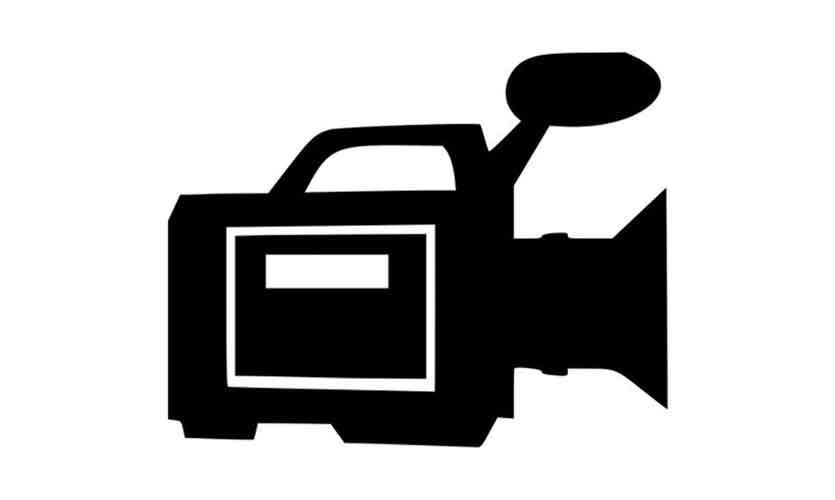
In Sri Lanka, it seems apparent that this may lead to sensationalism under the guise of media freedom and the citizen’s right to information, considering these media organizations having been systematically and painstakingly televising these operations conducted even in private homes with any disregard for privacy. In addition, coverage appears to paint all individuals questioned by police as terrorists, providing fodder for individuals hellbent on capitalising on the tragedy to fulfill personal and political agendas while simultaneously giving unprecedented rise to fear psychosis among the masses.
Media covering such raids will certainly instill confidence in the Sri Lankan Security Forces in the eyes of the general public. Transparency would also ensure there will be no need for unnecessary speculation, rumors and fear mongering. Even so, considering the volatile state of the collective psyche of the nation, shouldn't the media exercise constraint? Specifically in instances where an individual’s privacy, and in extension their wellbeing, may be compromised.
The Daily Mirror Life spoke to a group of individuals who shared their views on the debate and ethics of such coverage.
Aritha Wickramasinghe
Lawyer
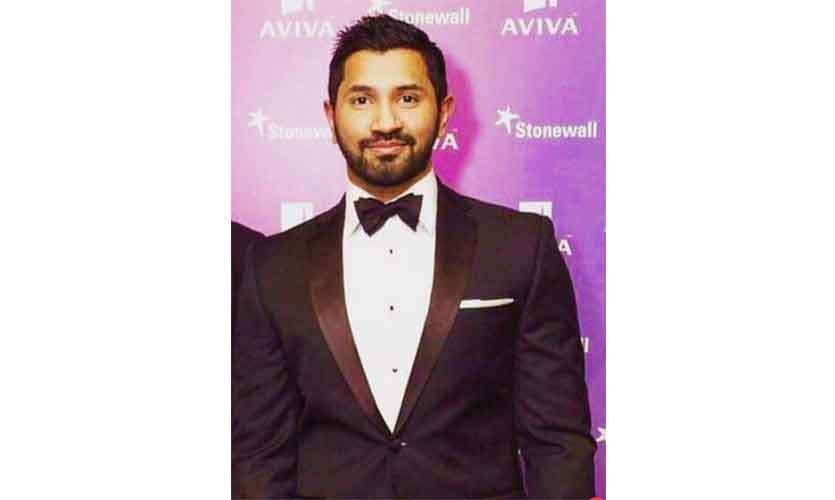
As far as I’m aware, there’s no legal impediment to the media accompanying the police and security forces while they are conducting raids as long as they have permission to do so. The question is, during a state of emergency, why law enforcement would consider it necessary or even desirable to allow for the broadcasting of random raids. These should be intelligence based, secretive operations. National security shouldn’t have been reduced to a reality tv show that put the lives and reputation of innocent people at risk.
Ishan De Lanerolle
Director of The De Lanerolle Brothers
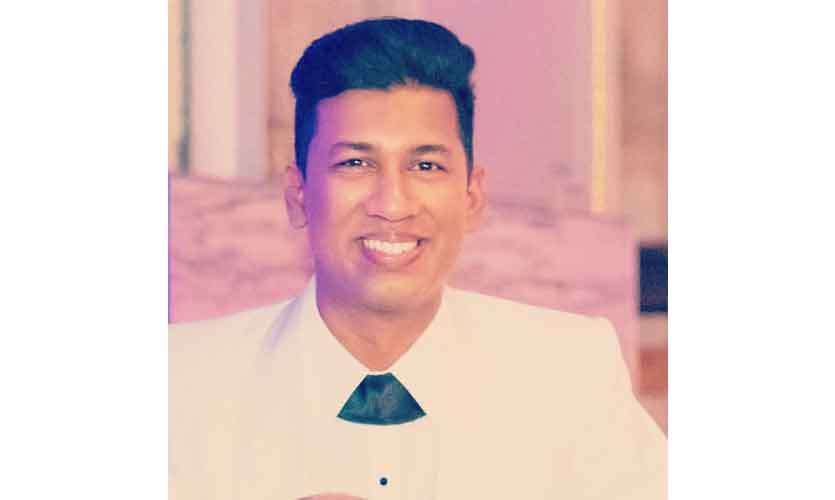
I don't believe that at an especially sensitive time like this the media must accompany the police on raids. The media should only perhaps show the items that were recovered but not the individual's faces nor names, as in some cases as reported people were innocent. Then they also carried out names that were incorrect, afterwards some carried corrections regarding the names but then the damage is already done.
Shehara Herath
Attorney-at-Law
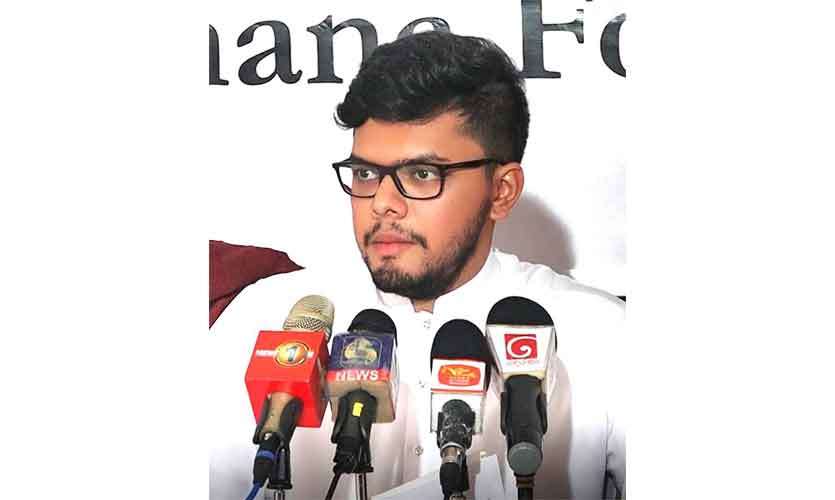
In the aftermath of the tragedy of 21st of April, there were widespread searches throughout the island and many private properties including churches and homes were searched by the Security Forces.
There is no doubt that such search operations are vital for the National Security of the country. However, many media organizations particularly electronic media organizations were on a witch hunt for news where most such search operations were recorded on camera. Undoubtedly this was a great hindrance to the Security personnel and a violation of the privacy of those who were searched. This is quite unfortunate as many places which were searched were private homes and people's personal belongings were searched and they were captured on camera and even aired on mainstream media.
Unfortunately, there is no law in Sri Lanka which protects the right to privacy. However, in the event a person house is searched, he has full power and authority only to allow the Military and/or police in and deny access to media personnel.
This also points to the need for a code of ethics for media where people's right to privacy is recognized.
Tarja de Silva
Designer | Dancer | Dance Fit Instructor

I don't think the media needs to accompany the police on raids. It's not right because innocent lives can get ruined because of this.
Treshan Weerasooriya Pereira
Hotelier
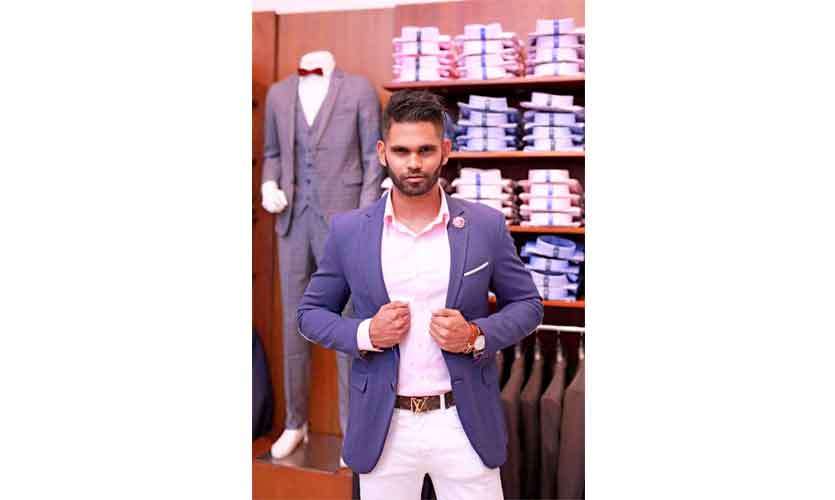
The recent civil unrest has clearly proven the fact that the Sri Lankan government has not only failed to fulfill its inherent duties but also has failed in securing our nation as a whole! I personally do not think that the media should accompany the forces in raiding homes of the civilians as this invades their privacy, however it is also important to of-course listen to each other’s stories and make the public aware of same without disclosing their faces as this could have a negative societal impact as at present Sri Lankans have unfortunately generalized the unfortunate terror attacks on Easter Sunday. Even the innocent Muslims who survive on a day to day basis are being victimized and looked down upon; their properties vandalized by angry mobs and are accused of being terrorists! This should not be the case, considering this, the media has a direct responsibility to intervene and clear the misconceptions the mass civilians poses at present and pass the message that violence isn’t the answer! I suppose depending on the situation the media should intervene to a certain extent but they should always keep in mind not to compromise on the civilian’s privacy!
Kartini Booso
Psychologist
My personal opinion is that faces should not be shown. People don't need to be shown. In the very least their faces can be blurred out. The presence of innocent civilians does nothing for the story.
Yasodhara Pathanjali
Artist
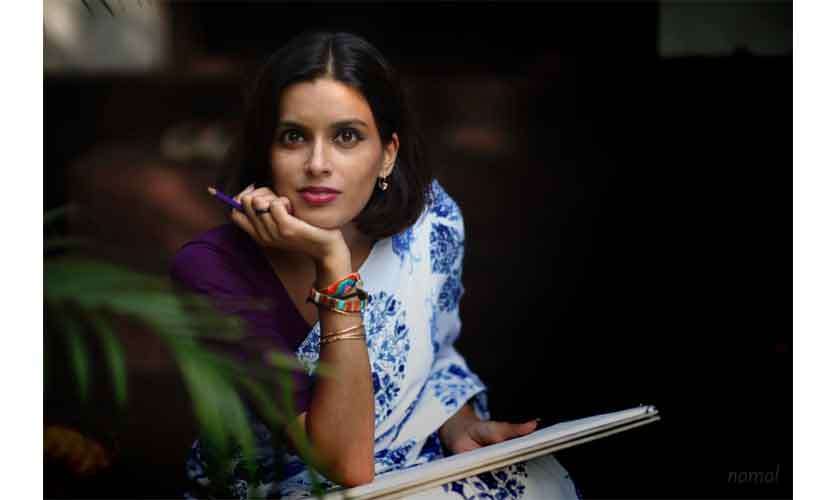
The justice system is built on the premise that anyone is innocent until proven guilty. So it goes against any ideas of justice to publicise the names or faces of people arrested for any crimes and therefore should not be done. Even within the last few weeks at least 2 such falsely accused people have been reported via media, but no widespread apology or correction once shown to be innocent. This is absolutely wrong.
Kasun Munipura
Singer | Music Composer | Sound Engineer | Producer | Entrepreneur
Well, first of all, I must say that the media industry as a whole has a big responsibility in delivering information. We all know that information could be easily manipulated and it is very critical in situations like what we're facing in Sri Lanka right now. As much as they're responsible in delivering the true information, even the truth has to be filtered out very carefully so that it will not harm anyone or put the life of someone who is innocent in danger. There is no doubt that the criminals must be revealed with clear facts, but even the suspects must be protected until proven guilty.
Kumudini David
Business Consultant | Vocal Coach | Artist| Choral Director
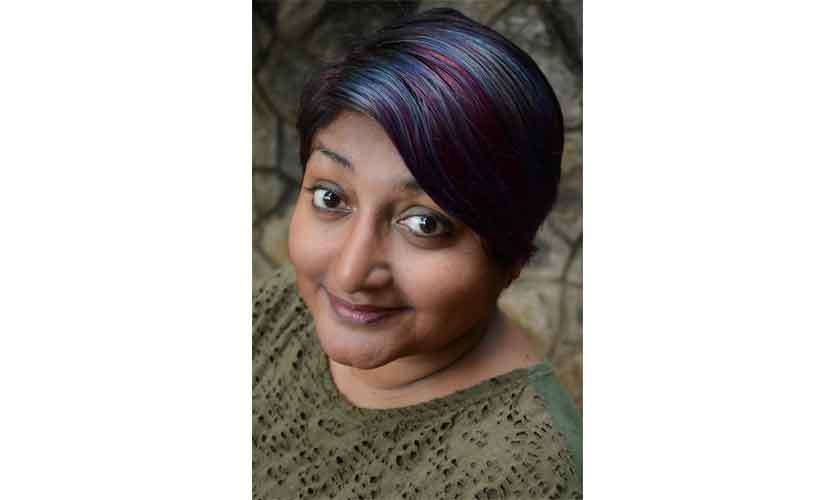
I think journalism, especially ethical journalism, on the whole, is something we haven't got the hang of yet.
I think those who do try to give a live feed of what's happening are trying to do what they think is right, by trying to keep us updated on the reality of the situation. But I also think they need to make a bigger effort on giving context on the footage and not just sensationalise it.
The practice of ethical journalism also means they need to show respect and be accountable for their actions. But sadly, being accountable is something our people still haven't got the hang of either.
Minoli Peiris
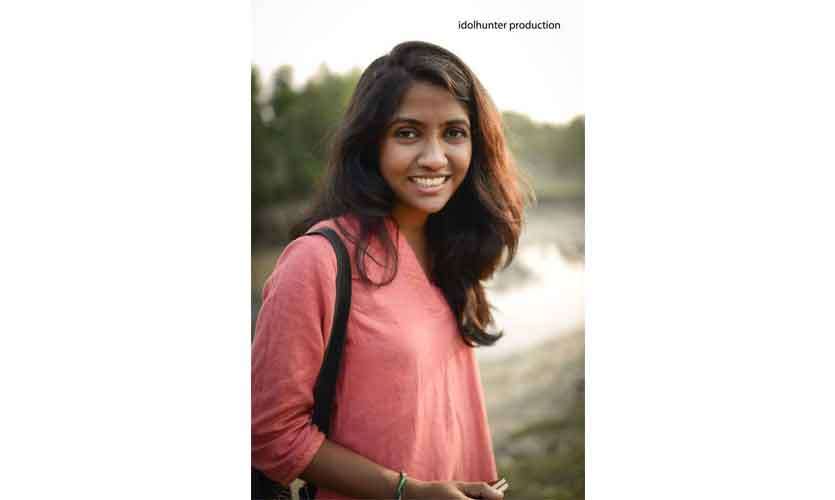
As for me, I personally don’t know the legality of it all but I do think it’s unethical for the media to join raids. I personally feel that it exacerbates mistrust, fear and misinformation and subject potentially innocent people to the court of public opinion.
Ramani Karunarante
Stay at Home Mom
I think we as the public deserve to know what is happening in our country. We want to know that search operations are happening and we want to know what they find. It's through these media organizations that we are able to see this.
Dianthi Perera
University Student
Disappointed that they are not showing items caught because when we saw it, we felt great admiration for the forces, at how efficient they were to find so much so fast, and how supportive the general public was to give information.
I don’t think it’s right for ‘selected’ TV stations to go running all over with the police and the forces to capture these operations. But if the official police media units/ army media units televises it and telecast it that would be a better option I guess.
0 Comments